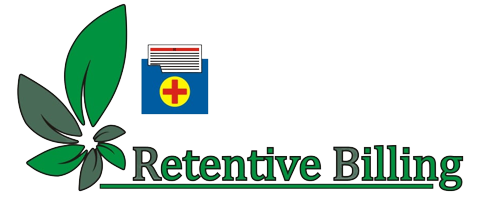As the industry strives for excellence and patient safety, healthcare professionals and institutions are recognizing the significance of robust credentialing processes. In this blog post, we will delve into the essential role that medical credentialing service plays in shaping the standards of care and building trust within the healthcare ecosystem.
The Foundation of Trust
Medical credentialing serves as the cornerstone for establishing and maintaining trust in healthcare. Patients inherently trust that the professionals providing their care are qualified, experienced, and adhere to the highest standards of practice. Credentialing acts as a systematic approach to verifying and validating the qualifications of healthcare providers, ensuring that only competent professionals are entrusted with patient well-being.
Elevating Healthcare Standards
In a rapidly advancing field like healthcare, maintaining high standards is paramount. Medical credentialing goes beyond mere licensure checks; it involves a comprehensive evaluation of a healthcare provider’s education, training, experience, and ongoing professional development. By adhering to stringent credentialing standards, healthcare institutions can raise the bar for the quality of care they deliver.
Enhancing Patient Safety
Patient safety is at the heart of medical credentialing. By thoroughly vetting the credentials of healthcare providers, institutions can identify potential risks and ensure that practitioners are well-equipped to handle the complexities of patient care. Credentialing acts as a proactive measure, reducing the likelihood of medical errors and fostering an environment where patient safety is prioritized.
Facilitating Provider Mobility
In an interconnected healthcare landscape, where professionals often move between institutions and regions, medical credentialing plays a pivotal role in facilitating provider mobility. A standardized credentialing process ensures that a healthcare provider’s qualifications are recognized across different healthcare organizations, streamlining the onboarding process and promoting workforce flexibility.
Navigating Regulatory Compliance
As healthcare regulations continue to evolve, staying compliant is a significant challenge. Medical credentialing service acts as a safeguard, helping healthcare institutions navigate the complex web of regulatory requirements. By ensuring that all providers meet and maintain compliance with regulatory standards, institutions can mitigate legal risks and focus on delivering optimal patient care.
Conclusion:
In the rapidly evolving world of modern healthcare, the role of medical credentialing service cannot be overstated. It serves as a linchpin for building trust, elevating standards, enhancing patient safety, facilitating provider mobility, and navigating regulatory compliance. As healthcare professionals and institutions continue to prioritize excellence, the robustness of credentialing processes will be fundamental to achieving these goals.
